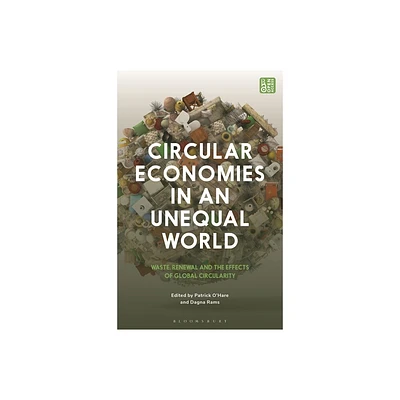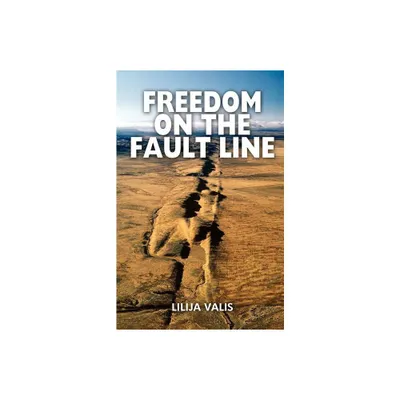Home
Between Fault Lines and Front Lines: Shifting Power an Unequal World
Loading Inventory...
Barnes and Noble
Between Fault Lines and Front Lines: Shifting Power an Unequal World
Current price: $100.00


Barnes and Noble
Between Fault Lines and Front Lines: Shifting Power an Unequal World
Current price: $100.00
Loading Inventory...
Size: Hardcover
*Product Information may vary - to confirm product availability, pricing, and additional information please contact Barnes and Noble
Inequality is one of today's greatest challenges, obstructing poverty reduction and sustainable development. As the power of elites grows and societal gaps widen, institutions representing the public good and universal values are increasingly disempowered or co-opted, and visions of social justice and equity side-lined.
This book explores the roles of elites and institutions of power in the deepening of social and economic cleavages across the globe, by asking how inequalities have reshaped structures from the local to the transnational level, and what consequences they have wrought. In addition, the contributors present examples of peaceful processes of policy change that have made societies greener and more socially just, levelled out social stratification, and devolved power and resources from elites to non-elites, or towards marginalized or discriminated groups. Based on cutting-edge empirical research, the chapters in this volume bring together conceptual thinking and a number of case studies from the Global North and South, combining different levels of analysis and a range of qualitative research methods to present solutions for closing the inequality gap.
This book explores the roles of elites and institutions of power in the deepening of social and economic cleavages across the globe, by asking how inequalities have reshaped structures from the local to the transnational level, and what consequences they have wrought. In addition, the contributors present examples of peaceful processes of policy change that have made societies greener and more socially just, levelled out social stratification, and devolved power and resources from elites to non-elites, or towards marginalized or discriminated groups. Based on cutting-edge empirical research, the chapters in this volume bring together conceptual thinking and a number of case studies from the Global North and South, combining different levels of analysis and a range of qualitative research methods to present solutions for closing the inequality gap.


















